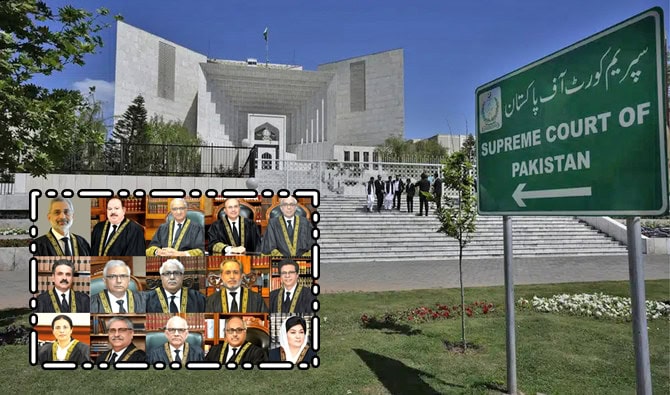ISLAMABAD – Pakistan’s ruling alliance is in the final phase of passing constitutional amendments, mostly related to the judiciary, including establishment of a new Court or bench to handle constitutional interpretations.
For the unversed, several changes also include increasing the retirement age for judges in this court to 68, setting term limits of three years, and having the chief justice appointed by the president on the prime minister’s recommendation. In contrast, Supreme Court appointments are made by a Judicial Commission.
A new report shared in a local publication claimed Justice Yahya Afridi, who made headlines with a dissenting note in reserved case, is likely to be picked as next CJP if a recently approved constitutional package receives green light from parliament.
It said Justice Afridi is the top candidate to succeed the current Chief Justice, Qazi Faez Isa, who is set to retire soon. Other notable candidates include Justice Mansoor Ali Shah and Justice Munib Akhtar.
The proposed constitutional amendments outline a new process which will select new top judge from three most senior judges of the apex court and will send its nominee to the Prime Minister.
The new amendments will also details establishment of the committee, ensuring a majority from the ruling party. It will consist of twelve members: eight from the National Assembly and four from the Senate. In the event of a National Assembly dissolution, the committee will consist solely of Senate members.
Under new proposals, each political party will have proportional representation on the committee, based on its strength in parliament, with nominations made by party leaders.
PM Shehbaz’s cabinet mulls over much-hyped constitutional amendments today










